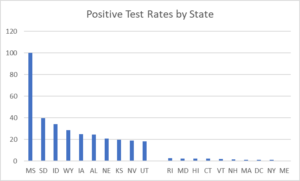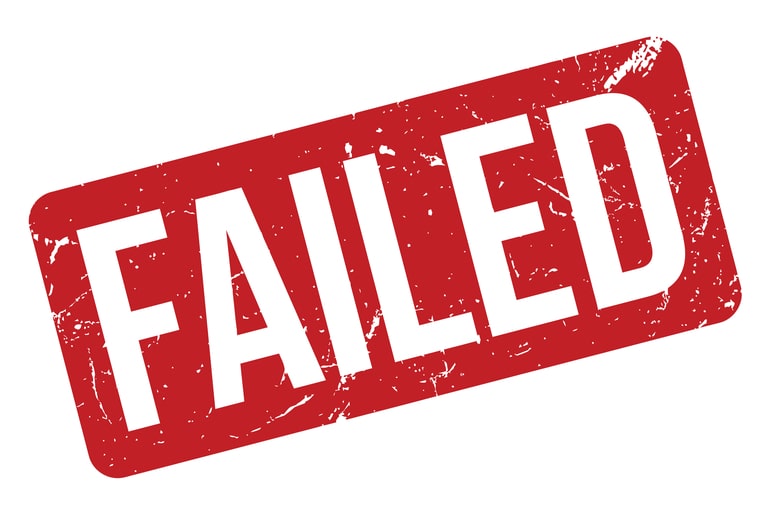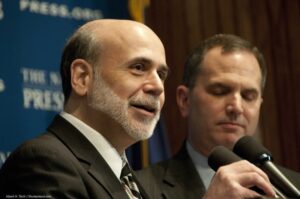By Dean Baker, Senior Economist, Center for Economic and Policy Research, Washington D.C.
A few weeks back I did a post noting that states governed by Republicans had the highest positive test rates, while the states with the lowest positive rates were mostly governed by Democrats. I argued that positive test rates are a good measure of how serious the governors are in trying to bring the pandemic under control.
While they can take measures to limit the actual spread, such as longer and stronger lockdowns and mask requirements, many factors determining the spread are outside their control. By contrast, they do have control over the amount of testing, although legislatures can play a role, since they can appropriate or restrict funding. Testing has also become a political issue, since Donald Trump explicitly said that he wanted to see testing slowed so as to reduce the number of cases identified.
I thought it was worth an update to see what the story looks like as the country is now experiencing a huge surge in infections. Here’s the more recent picture showing the ten states with the highest infection rates and the ten states with the lowest rates, based on the John Hopkins Coronavirus Resource Center, 7-day moving averages. (Data are for October 26, 2020.)

Eight of the ten states with the highest rates have Republican governors. Kansas and Nevada, which come in 8th and 9th, both have Democratic governors.[1] While Democrats also control the legislature in Nevada, the legislature in Kansas is overwhelmingly Republican.
The story is more mixed among the states with the lowest positive rates, with five having Democratic governors and five having Republican governors. However, it is worth noting that all five of the states with Republican governors have legislatures that are controlled by the Democrats.
In short, by this measure of efforts at getting the pandemic under control, Democrats seem far more serious than Republicans.
[1] The 100 percent positive rate shown for Mississippi is the result of the way John Hopkins reports the data. They show the number of positives as a percentage of the tests given in the period, not as a percentage of the results reported that day.
Dean Baker is a macroeconomist and senior economist at the Center for Economic and Policy Research in Washington, D.C., which he co-founded. He previously worked as a senior economist at the Economic Policy Institute and an assistant professor at Bucknell University. He is the author of numerous books, including Rigged: How Globalization and the Rules of the Modern Economy Were Structured to Make the Rich Richer



